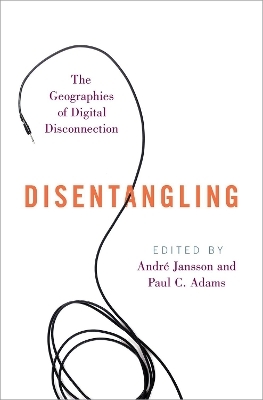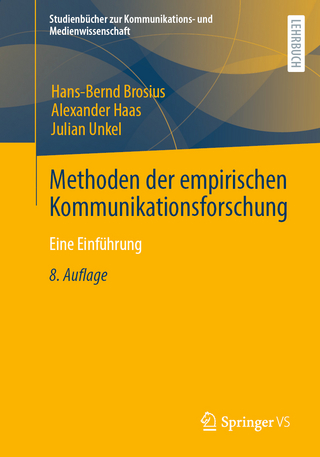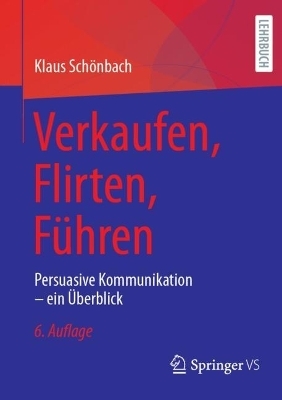
Disentangling
Oxford University Press Inc (Verlag)
978-0-19-757188-0 (ISBN)
Disentangling offers an interdisciplinary global analysis of this growing trend toward disconnection. Moving beyond technological disconnection, this volume proposes the term "disentangling" as a lens for re-thinking the structures of our digital world and categorizing the ways in which people reject, avoid, or rework their digital networks. Across twelve chapters, contributors explore the existential issues stemming from digitally entangled lives, including cultural capital and digital "detox" retreats, and investigate how geographies of disconnection relate to wider societal challenges. Additional chapters explore connections between digital disconnection and other forms of disconnection, including death, sleep, and the abandonment of human settlements. The volume closes with a reflection on connectivity in the post-pandemic society and how we might rework our connections to fit a "socially distanced" world.
Blending philosophy and sociology with media geography, Disentangling offers a crucial reflection on how we might unravel our digital dependence by reasserting resilient boundaries between ourselves and the surrounding political, economic, cultural, and technological systems.
André Jansson is Professor of Media and Communication Studies at Karlstad University, where he is also director of the Geomedia Research Group. Paul C. Adams is Professor of Geography and Director of Urban Studies at the University of Texas at Austin. He is the founder of the Media Geography Specialty Group of the American Association of Geographers. His research bridges between media studies, communication theory and human geography.
Acknowledgments
Contributor List
Introduction: Rethinking the Disentangling Force of Connective Media
Paul C. Adams and André Jansson
Part I: Power Geometries of Connectivity
Chapter 1: Disconnection and Reconnection as Resistance to Geosurveillance
David Swanlund
Chapter 2: Locational Technologies in Post-disaster Infrastructure Space: Uneven Access to OpenStreetMap in Post-earthquake Haiti
Mimi Sheller
Chapter 3: Disconnection as Distinction: A Bourdieusian Study of Where People Withdraw from Digital Media
Karin Fast, Johan Lindell, and André Jansson
Chapter 4: Digital Disconnection as Othering: Immersion, 'Authenticity,' and the Politics of Experience
Neriko Musha Doerr
Part II: (Dis)connected Lives
Chapter 5: Automating Digital Afterlives
Robbie Fordyce, Bjorn Nansen, Michael Arnold, Tamara Kohn, and Martin Gibbs
Chapter 6: Senses and Sensors of Sleep: Mediation and Disconnection in Sleep Architectures
Bjorn Nansen, Kate Mannell, and Christopher O'Neill
Chapter 7: Digital Ruins: Virtual Worlds as Landscapes of Disconnection
Gonzalo C. Garcia and Vincent Miller
Chapter 8: 'Think on Paper, Share Online': Interrogating the Sense of Slowness and Disconnection in the Rise of Shouzhang in China
Yan Yuan
Part III: Rethinking Disconnection in a Disrupted World
Chapter 9: Disconnect to Reconnect! Self-help to Regain an Authentic Sense of Space through Digital Detoxing
Gunn Enli and Trine Syvertsen
Chapter 10: Retreat Culture and Therapeutic Disconnection
Pepita Hesselberth
Chapter 11: Networked Intimacies: Pandemic Dis/Connections between Anxiety, Joy, and Pleasure
Jenny Sundén
Chapter 12: Paradoxes of Disconnected Connection
Paul C. Adams, Vivie Behrens, Steven Hoelscher, Olga Lavrenova, Heath Robinson, and Yan Yuan
Index
| Erscheinungsdatum | 16.07.2021 |
|---|---|
| Zusatzinfo | 22 figures |
| Verlagsort | New York |
| Sprache | englisch |
| Maße | 212 x 142 mm |
| Gewicht | 404 g |
| Themenwelt | Sozialwissenschaften ► Kommunikation / Medien ► Kommunikationswissenschaft |
| Sozialwissenschaften ► Politik / Verwaltung ► Vergleichende Politikwissenschaften | |
| ISBN-10 | 0-19-757188-3 / 0197571883 |
| ISBN-13 | 978-0-19-757188-0 / 9780197571880 |
| Zustand | Neuware |
| Informationen gemäß Produktsicherheitsverordnung (GPSR) | |
| Haben Sie eine Frage zum Produkt? |
aus dem Bereich


